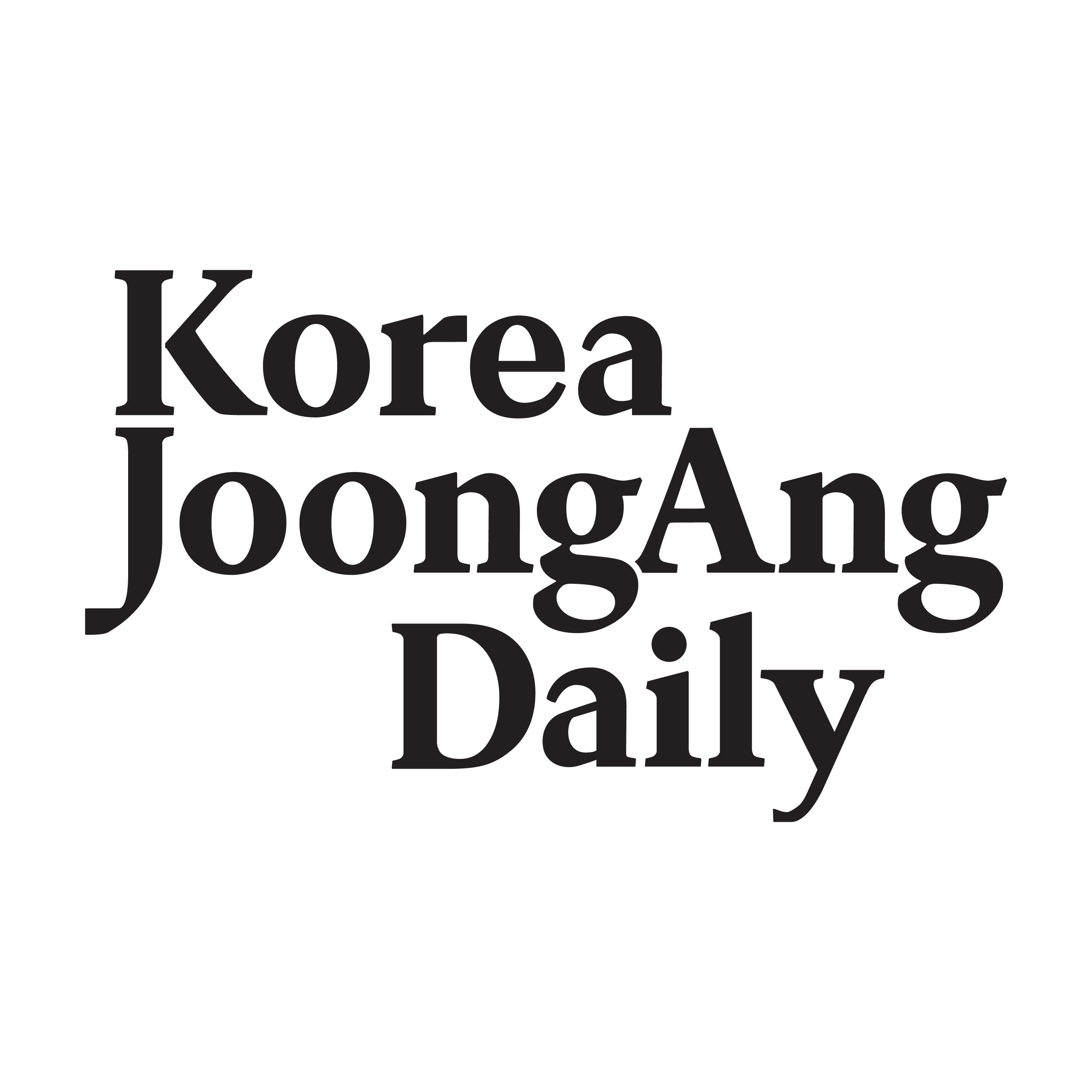Listen "Can Korea raise its carbon reduction target without nuclear power?"
Episode Synopsis
The Ministry of Climate, Energy and Environment held a public hearing on Nov. 6 to discuss the Lee Jae Myung administration's 2035 nationally determined contribution (NDC). Under the 2015 Paris Agreement, countries must submit updated NDCs to the United Nations (UN) every five years. The ministry presented two options: a 50 to 60 percent reduction in greenhouse gas emissions from 2018 levels or a slightly higher 53 to 60 percent cut. The final plan will be reviewed by the Presidential Commission on Carbon Neutrality and Green Growth and the Cabinet before being submitted to the UN. Either option would raise the previous 40 percent reduction target set by the Moon Jae-in and Yoon Suk Yeol administrations by at least 10 to 13 percentage points. The ministry said the increase reflects President Lee's pledge at the UN General Assembly in September to set a "responsible" emissions target.
The debate has quickly intensified. Environmental groups argue the NDC should be raised to at least 61 percent, while industry groups counter that even 48 percent is difficult. Manufacturers in the semiconductor, automobile, petrochemical and steel industries warn of higher electricity prices, job losses and weakening competitiveness. Climate Minister Kim Sung-hwan said the ministry attempted to find a balance, but critics note the 10-point gap between the proposed lower and upper limits suggests a lack of consensus. Many also argue that the targets ignore the soaring power demand in the age of AI and the country's economic challenges.
The ministry also announced a plan that aims to reduce national energy consumption by 2029 through efficiency improvements. While welcome in principle, critics point to the opposite trend in reality. Data centers and AI infrastructure require enormous amounts of electricity. Running the 260,000 graphics processing units that Nvidia has pledged to supply to Korean companies alone would require a substantial increase in power. Some projections forecast that Korea's total electricity consumption could double by 2050.
Despite this, the government is simultaneously calling for reduced energy use and emissions while hesitating to expand nuclear power, which emits almost no greenhouse gases. The delay in approving a life extension for the Kori 2 reactor, which has been offline for two years, has drawn criticism. The Nuclear Safety and Security Commission has yet to reach a conclusion despite multiple reviews, raising concerns that Korea has not moved beyond the antinuclear stance of the previous administration.
Trying to meet a sharply higher NDC while avoiding nuclear power is inconsistent in an AI-driven era of surging electricity demand. Realistic targets and an aligned energy strategy are essential if carbon neutrality is to be more than a slogan.
This article was originally written in Korean and translated by a bilingual reporter with the help of generative AI tools. It was then edited by a native English-speaking editor. All AI-assisted translations are reviewed and refined by our newsroom.
 ZARZA We are Zarza, the prestigious firm behind major projects in information technology.
ZARZA We are Zarza, the prestigious firm behind major projects in information technology.
